Featured Quizzes
User Quizzes
Create Quiz
Data and Charts
Badges and Games
About JetPunk
JetPunk Shop
Dark Mode
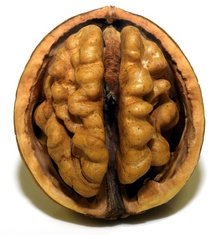
The Brain Quiz
Answers these questions related to brains.
Rate:
Last updated: May 7, 2021
You have not attempted this quiz yet.
More quiz info >>
| First submitted | May 7, 2021 |
| Times taken | 175 |
| Average score | 55.0% | Report this quiz | Report |
4:00
The quiz is paused. You have remaining.
Scoring
You scored / = %
This beats or equals
% of test takers
also scored 100%
The average score is
Your high score is
Your fastest time is
Keep scrolling down for answers and more stats ...
1.
You only use 10% of our brain.
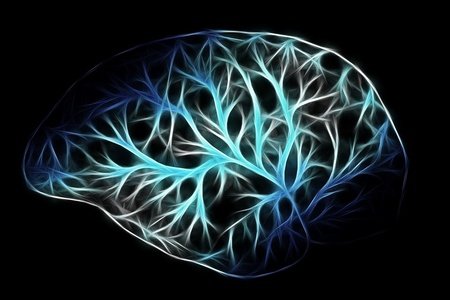 ✓
✓
True
✓
False
✓
We actually use all of it. We’re even using more than 10 percent when we sleep.
2.
How many dreams does the average person have each night?
 ✓
✓
1-3
✓
4-7
✓
10-20
✓
Hundreds
✓
We dream mostly in pictures, with the majority of dreams being mainly visual with little sound or movement.
3.
The brain can store up to ___ numbers in its working memory.
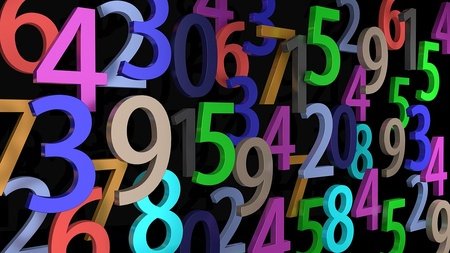 ✓
✓
5-9
✓
15-20
✓
30-40
✓
Infinite
✓
4.
The brain can’t feel pain.
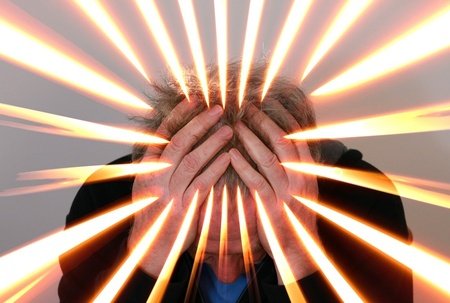 ✓
✓
True
✓
False
✓
This explains how brain surgery can be performed while the patient is awake, with no pain or discomfort.
5.
Around what age does the brain stop developing?
18 years old
✓
30s
✓
40s
✓
50s
✓
Human brains keeps developing until you are in your late 40s. It is the only organ in the human body to undergo development for such a long time.
6.
How long can the brain go without oxygen before damage occurs?
 ✓
✓
5 minutes
✓
10 minutes
✓
15 minutes
✓
20 minutes
✓
As little as five minutes without oxygen can cause some brain cells to die, leading to severe brain damage.
7.
Your brain is 60% fat.
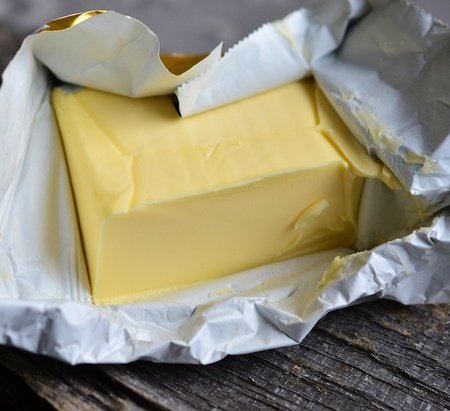 ✓
✓
True
✓
False
✓
Consisting of a minimum 60% fat, your brain is the fattiest organ in your body.
8.
Brain information travels faster than a Formula 1 race car.
 ✓
✓
True
✓
False
✓
Brain information travels up to 268 miles per hour. This is faster than Formula 1 race cars which top out at 240 mph.
9.
Who had larger brains? Neanderthals or Homo Sapiens?
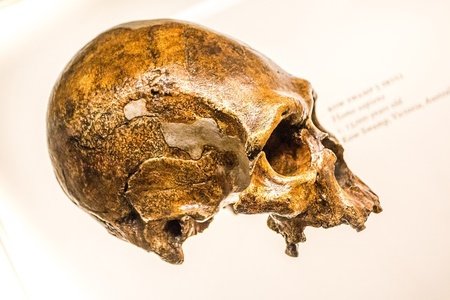 ✓
✓
Neanderthals
✓
Homo Sapiens
✓
Neanderthal brains were 10% larger than our Homo sapiens brains.
10.
The brain can multitask.
 ✓
✓
True
✓
False
✓
Your brain can’t concentrate on two things at once. What it can do is quickly toggle back and forth between tasks.
11.
We have more brain cells than there are stars in the Milky Way
 ✓
✓
True
✓
False
✓
While this is a beautiful sentiment, it is not accurate. Best-guess estimates are that we have 86 billion neurons while there are 200-400 billion stars in the Milky Way.
12.
Having high cholesterol is bad for the brain.
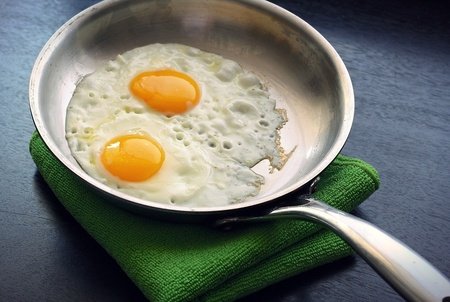 ✓
✓
True
✓
False
✓
Having high total cholesterol is not bad for your brain. In fact, your brain consists of fat and cholesterol, and having high cholesterol has been found to actually reduce your risk of dementia.
13.
If you were drinking alcohol and don’t remember what you did last night, it’s because you forgot.
 ✓
✓
True
✓
False
✓
You did not forget. While you are drunk, your brain is incapable of forming memories.
14.
When we read, the brain quickly processes every letter in the word.
 ✓
✓
True
✓
False
✓
Aoccdrnig to a rscheearch at Cmabrigde Uinervtisy, it deosn’t mttaer in waht oredr the ltteers in a wrod are, the olny iprmoetnt tihng is taht the frist and lsat ltteer be at the rghit pclae. The rset can be a toatl mses and you can sitll raed it wouthit porbelm. Tihs is bcuseae the huamn mnid deos not raed ervey lteter by istlef, but the wrod as a wlohe.
15.
Your brain’s storage capacity is considered virtually unlimited.
True
✓
False
✓
It doesn’t get “used up” like RAM in your computer. The latest research shows that the brain’s memory capacity is in the petabyte range. A petabyte is a quadrillion, or 1015, bytes. Astoundingly, this is about the same amount needed to store the entire internet!
16.
The Brain processes information faster than any computer.
 ✓
✓
True
✓
False
✓
Japan’s K computer is one of the most powerful computers in the world. When programmed to simulate human brain activity, it took 40 minutes to crunch the data equivalent to just one second of brain activity.
17.
You only have one brain.
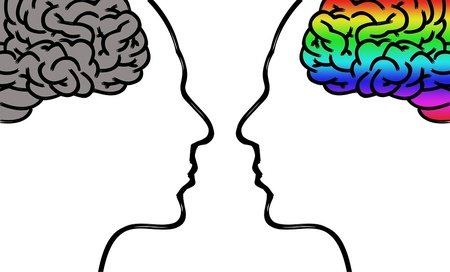 ✓
✓
True
✓
False
✓
There’s a “second brain” in your intestines that contains 100 million neurons.
18.
Albert Einstein's brain was stored in Tupperware.
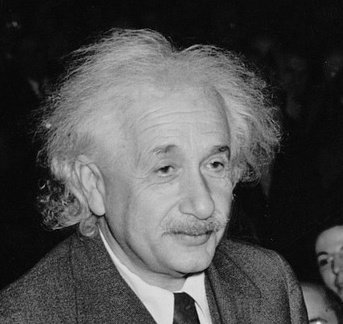 ✓
✓
True
✓
False
✓
The pathologist who performed Einstein’s autopsy kept the brain in a jar in his basement for 40 years. Eventually, he made a cross-country trip with the brain in a Tupperware container to deliver it to Einstein’s granddaughter.
19.
What percentage of people dream in color?
 ✓
✓
50
✓
86
✓
100
✓
Around 12 percent of people dream in black and white.
20.
People forget 95 to 99 percent of their dreams.
True
✓
False
✓
Since dreams are thought to primarily occur during REM sleep, the sleep stage when the MCH cells turn on, activation of these cells may prevent the content of a dream from being stored in the hippocampus – consequently, the dream is quickly forgotten.
Meringue
+1
Level 49
Dec 12, 2022
That Kermit picture is hilarious
New and Popular
Save Your Progress
Copyright H Brothers Inc, 2008–2024
Contact Us | Go To Top | View Mobile Site
